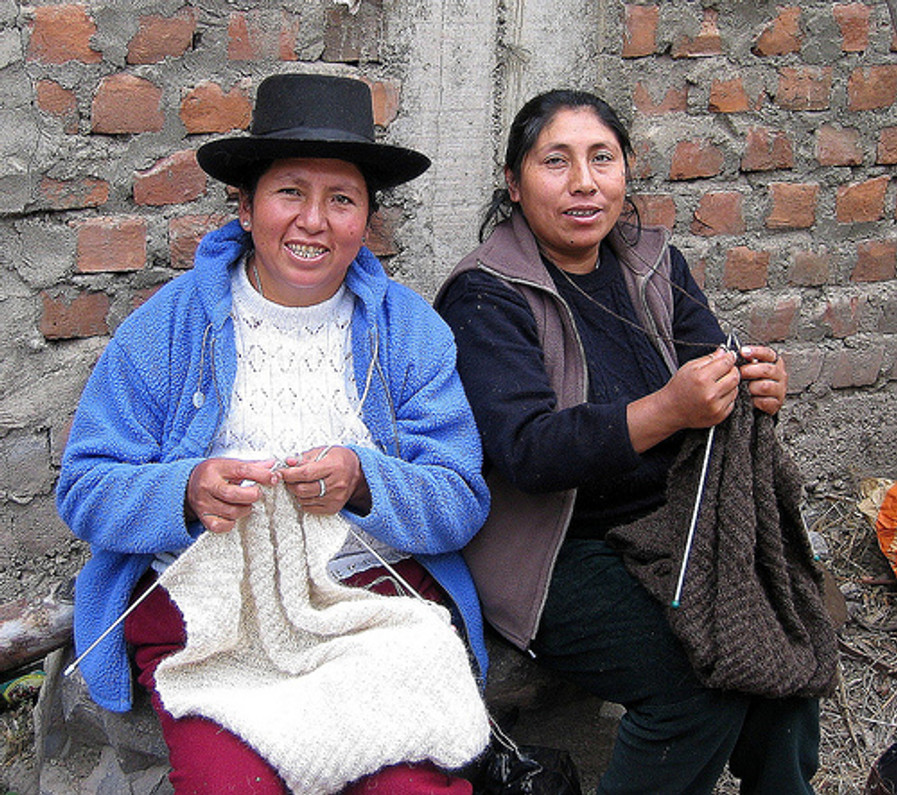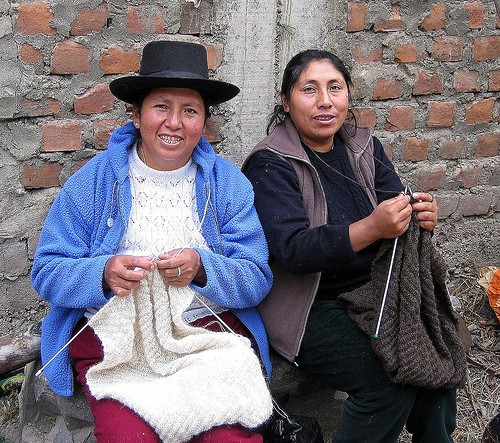The Benefits of Fair Trade
Life in rural villages around the world is not an easy one, mostly due to a significant lack of jobs and resources. For the more fortunate ones who do have a job, such as an artisan, face hard work, low wages, and long hours on a daily basis, to name a few of the hardships. Common artisan jobs are weavers, knitters, and gourd carvers, and while they are masters of their craft, often they forced to produce their goods in poor working environments. Luckily, today there are a number of businesses, like Sanyork Fair Trade, among many others who have partnered with the local workers in rural villages around the world and have helped the standard of living rise with fair trade buying.
Fair Trade is a Simple Way to Make a Huge Difference in the Lives of Many
The impact the fair trade movement has had on the lives of workers living in rural villages is quite incredible. The movement which started in the states in 1946 has not only grown massively but also shows no signs of slowing down. Products marked with the fair trade symbol mean they have been sourced in a socially and economically friendly way. Fairtrade promotes better working conditions, local sustainability, and fair wages for the workers in developing countries. In order to better any living environment sustainability needs to be achieved and maintained. Sustainability promotes a healthy ecosystem and environment, which is essential to human survival.
Unfortunately, those living in developing countries do not always have access to small luxuries like food, water, and medication. However, thanks to fair trade this crisis is improving rapidly. Fair trade has allowed men and women to learn how to make beautiful goods by hand not only giving them a sense of self-pride and satisfaction but also providing them with a fair wage for their hard work. It has allowed mothers to remain in their native villages and give them the opportunity to provide simple necessities such as books and clothing for their children.
Paying Homage to Culture and Traditions
We all have our roots, backgrounds, customs and a sense of pride for where we came from. Fair trade has not only helped sustain the environment of the artisan workers but has also given them an outlet to share their creations and meaningful traditions with the rest of the world. This has helped to close some of the culture gaps we face today and shed light on cultures and customs that may be different from our own. Each piece which has been handcrafted from an artisan in a rural village is like a story, it’s full of meaning, and in this story, it has a happy ending.
Fair trade is beneficial for all of those involved, the workers gain a better quality of life, and the buyers get to cherish something handmade forever. The positive impact fair trade has had is continuing to grow and thinking about what the future hold for the movement is exciting and inspiring..
Recent Posts
-
Why Handwoven Bags Are More Than Just Accessories
In a fast-moving fashion world, trends come and go—but handwoven bags remain timeless. They’re not j …28th Dec 2025 -
Empowering Artisans Communities and Promoting Traditions to Inspire Consumers with our Mission
This letter comes from Kathryn at Yaya’s, one of the many cherished customers who have supported us …28th Dec 2025 -
Why Alpaca Blankets Should Be a Retail Priority This New Year
January is historically a strong retail month for comfort-focused goods. Consumers are seeking warmt …2nd Dec 2025



